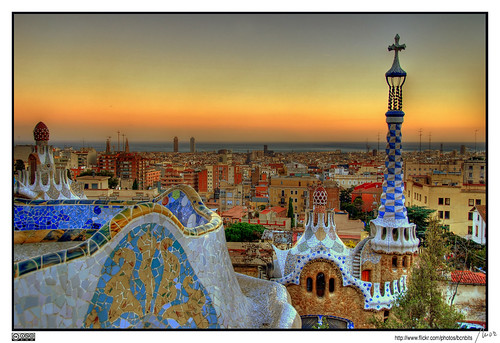EuroIA Presentation Slides on Ethics and User Experience
My presentation slides from the Ethics Panel at EuroIA 2007 – titled Designing Ethically – Communicating Conflict: Design For the Integrated Experiences of the Future – are available from Slideshare at http://www.slideshare.net/moJoe. Ethics was a challenging and fascinating subject to take on, and it prompted some great discussion with the audience (even at 7pm, after a full day of sessions…)
Many thanks to fellow panelists Olly Wright and Thom Froehlich, and all who planned, organized, attended, spoke, volunteered, or otherwise contributed to EuroIA 2007. As you can see from the flickr photostream, it was worth the trip to Barcelona! I’m already looking forward to next year’s event in Amsterdam.
Here’s a quick description of the presentation:
“What does the future of design hold? Greater ethical challenges. In the coming world of integrated experiences, design will face increasing ethical dilemmas born of the conflicts between broader, diverse groups of users in social media; new hybrids such as the SPIME which bridges the physical and virtual environments simultaneously, and the DIY shift that changes the role of designers from creators of elegant point solutions, to the authors of elegant systems and frameworks used by others for their own expressive and functional purposes. To better prepare designers for the increased complexity, connectedness, and awareness included in the coming future, here are some practical suggestions for easily addressing conflict during the design of integrated experiences, by using known and familiar experience design methods and techniques.”
1 comment » | Ethics & Design, Everyware, Information Architecture, User Experience (UX)
